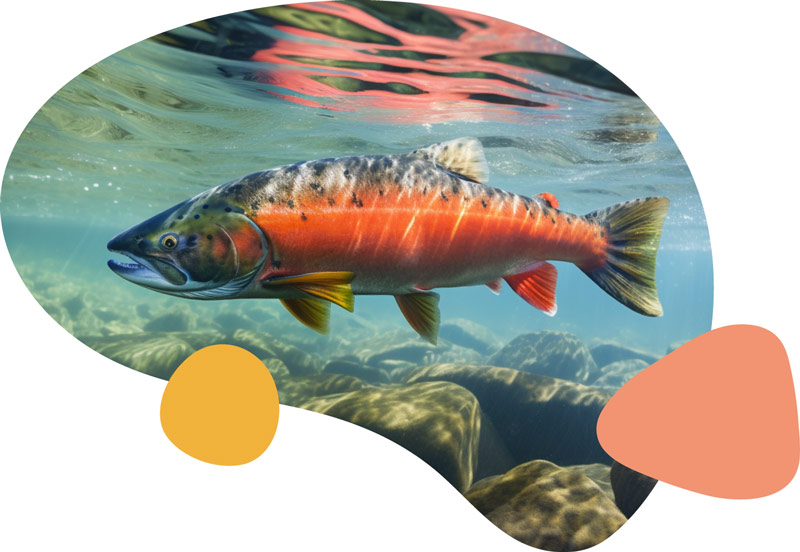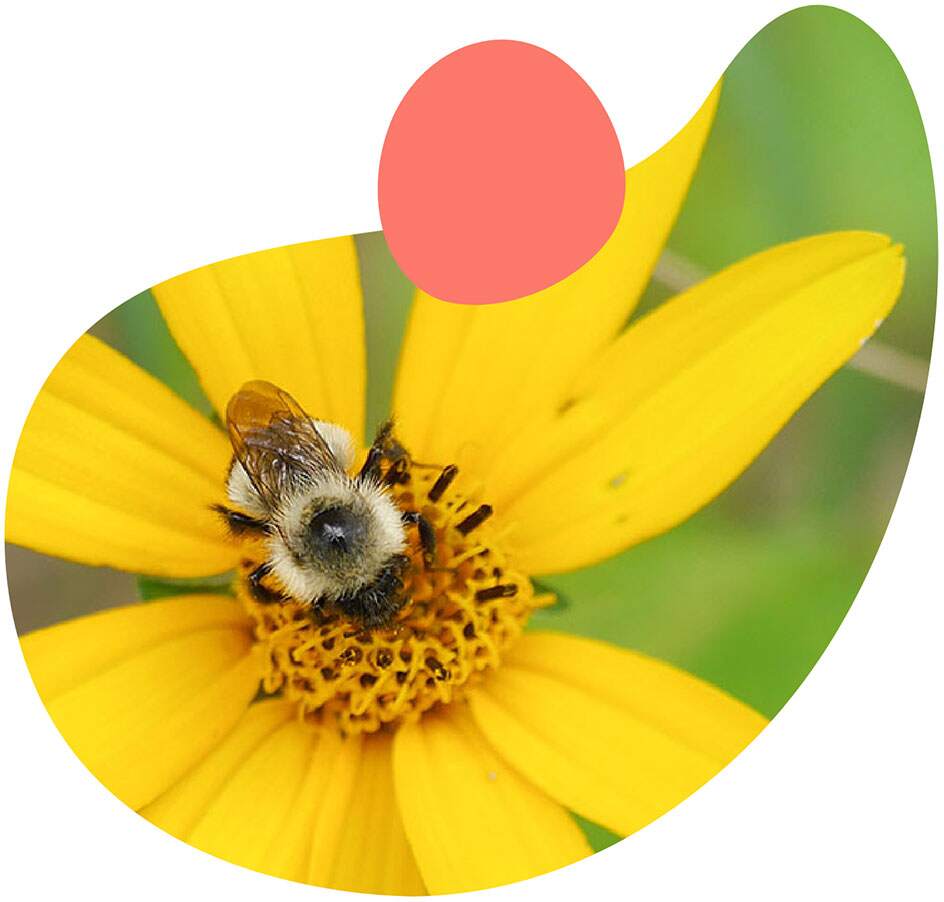
Biodiversity provides ecosystem goods and services that we rely on everyday, however the values they provide are often missed or hidden unless they are a marketable product, e.g., timber, fishing. However, non-marketable outputs, e.g clean air, are just as important and evidence suggests that leaving biodiversity out of the economic valuation and accounting has eroded economic opportunities and contributed to negative costs and impacts to society and the environment.

Investing in biodiversity has positive economic benefits and can stimulate demand for products and services of local businesses (e.g., plant nurseries, aggregates, equipment). Cooperation between the Ontario government, non-government organizations and the private sector, for example, has resulted in an increased consideration of biodiversity values in land management (for example, sustainable forest management).
Another way to invest in biodiversity is through job creation. Creating jobs in conservation helps the transition to a green economy, since these jobs will be beneficial to nature and the economy in the long run, rather than being phased out or outright destructive.


We all understand and value nature differently, depending on our cultures, knowledge systems and environments. In some worldviews, people are a part of nature, while in others they are separate. The way we value nature impacts the decisions we make.
According to the Intergovernmental Science-Policy Platform on Biodiversity and Ecosystem Services (IPBES, 2022), there are four main ways that people see themselves in relation to nature. These are,
To do that we can:


Aside from all the benefits biodiversity brings to our lives, it deserves to be recognized, appreciated and protected in its own right.
Ontario’s 30,000 known species live in interconnected ecosystems that have evolved over thousands of years. This is a truly amazing wealth of life, from tiny fungi to vast northern forests, from Piping Plovers to Polar Bears.
Often, when we think about the value of nature, we understand it best when thinking about how it impacts our lives, keeps us healthy, fuels our economy, and builds our communities. However, it’s important to remember that we are a part of nature – not apart from it and the actions we take to conserve it should be taken for our own benefit, and also for biodiversity itself.
Traditionally, development is based on a model of economic growth, without considering the ecological costs. We measure our collective success primarily by economic indicators, such as the gross domestic product. And although a strong business case can be made to live within the means of nature — because healthy ecosystems sustain healthy people and a healthy economy — we do not incorporate nature into the balance sheets of companies, communities or countries.
Our economic measures focus on income, not on the state of the natural capital that is the underpinning of our communities and economy. As a result, biodiversity losses are not accounted for as a decline in economic wealth. However, many companies, communities and countries are now realizing the value of healthy natural ecosystems. Research has shown that the ecosystem services arising from biodiversity in southern Ontario alone, such as pollination, water storage and purification, are worth many billions of dollars that are missing from the balance sheets that inform our decisions.
In addition to providing us with the necessities of life, biodiversity fuels our economy, and despite its critical role in our individual and collective prosperity, its economic value is largely un-accounted for. Tourism, fishing, agriculture, forestry and many other industries rely on biodiversity. Ontario’s agricultural sector employs more than 67,000 people; this sector contributed $9.2 billion to the provincial economy in 2021 accounting for 1.2 per cent of Ontario’s total GDP (Government of Canada, 2022). Ontario’s forestry industry is responsible for over 149,000 direct, indirect and induced jobs across the province (2020 data), with total revenue of the forest sector at $18 billion in 2020 (OMNRF, 2022).
In the past, we did not assign an economic value to nature unless it produced a commodity that could be bought and sold in the marketplace. We now have better tools to help us understand the value of the added benefits from nature: its “ecosystem services.” Evidence suggests that leaving biodiversity out of economic valuation and accounting has eroded economic opportunities and contributed to negative costs and impacts to society and the environment.
It has been estimated that the total annual value of ecosystem services provided by southern Ontario landcover is 50.2 billion/year (SOURCE to be added). Taking into account the true value of biodiversity in every form will improve our ability to make sound conservation and development decisions to protect these precious services.
The conservation of biodiversity in the province will be greatly strengthened when these true values are incorporated into the everyday decision making of governments, business, communities, and individuals, creating a nature-positive economy. Incentive programs to reward biodiversity conservation efforts will be helpful in this regard, as will consumer choice for environmentally friendly and sustainably sourced products.
Efforts to protect and restore Ontario’s biodiversity have increased over the past decade due to the greater involvement of people, groups and businesses in private-land stewardship programs and some small increments in government funding.
Unfortunately, these conservation efforts have not been able to halt the continued loss of the province’s biodiversity. Given the economic value of biodiversity and its importance in supporting the health of Ontario’s communities and economy, government and non-government sectors must allocate greater resources to protect, maintain, restore, understand and monitor biodiversity.
Follow us on:
or send us an email at info@ontariobiodiversitycouncil.ca
©
2025 Ontario Biodiversity Council. All Rights Reserved.
Web design by Accurate.

Follow Us
